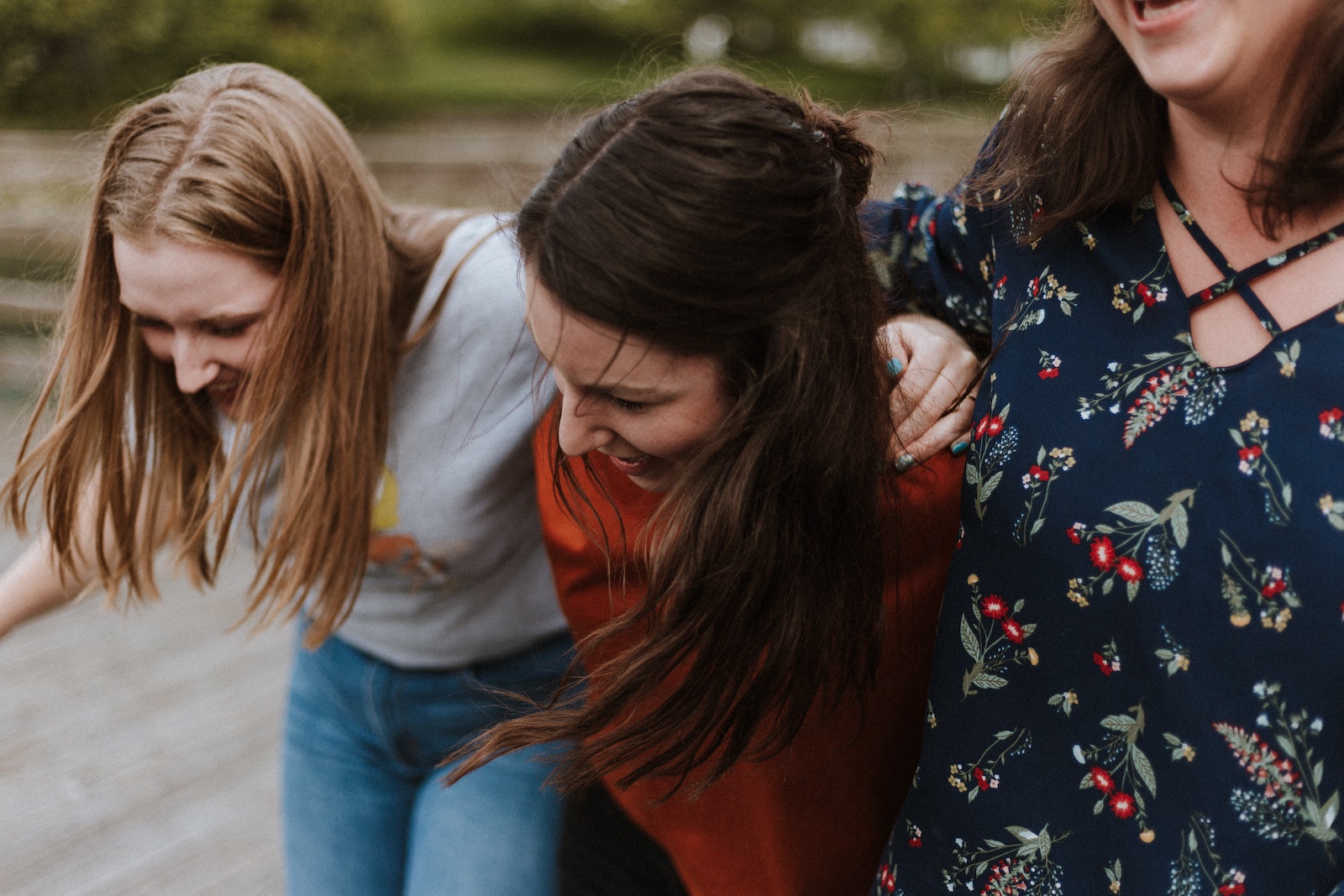
21 Jan The Balancing Act: Self Care vs Community Care
Over the last few years, the term self-care has entered into mainstream culture in a way that has for some, stretched its original intention. What was once a term associated for taking care of one’s own mental health, now teeters on the on the line of self-indulgence – spa days and shopping sprees, manicures and zen retreats. And in my personal opinion, there isn’t anything inherently wrong with these things, and it’s definitely reasonable that sometimes these things do, at least temporarily, boost a person’s mood. But in hopes to explore what enables individuals to sustain a positive outlook on life, I want to look at what fulfills them.
Having purpose and acting on that purpose is a powerful proponent of peace, both outwardly and inwardly. Actions for the greater good tend to have a positive impact on the individual. These actions are often contrasted with self care, labeled instead as, community care. While I believe they might be two sides of the same coin, let’s first examine both separately. We’ll take a look at what exactly is community care, and how we can strike a balance between self care vs community care to improve our own lives and those around us.
Self Care vs Community Care
What is community care?
Community care is an action or actions taken that are intended to help another person or group of people. This kind of care consists of interpersonal acts of kindness and compassion like reaching out to a friend to see how they are, sending gratitude messages to co-workers, or even larger scale acts like protesting to better the lives of others.
Community care can also take more structured forms, like community-based nonprofits, communal homes, or support groups.
A Toronto-based community organizer, Nakita Valerio specializes in constructing cross-cultural bridges and advocates for community care rather than self care. She defines it as “people committed to leveraging their privilege to be there for one another in various ways.”
Health Benefits
The impact of helping others stretches beyond those receiving the help. There are very real physical and mental health benefits for the individual giving their time and energy to others.
Decreases Hypertension
Research tells us that elderly individuals who volunteer for at least 200 hours per year decrease their risk of hypertension by 40%! There are various reasons why this occurs. Becoming more physically active is an obvious reason why, but other contributing factors include the social connections made that indirectly relieve high stress and loneliness often associated with hypertension in older adults.
Altruistic Behavior Makes us Feel Good!
And there’s nothing wrong with that! Experiments and research show that altruistic behavior activates the same areas in the brain linked to reward, providing data to support the belief that giving and community caring leads to personal happiness and inner growth.
Community Care Promotes Positive Behavior in Teens
Helping others introduces young people to positive social activities and positive social relationships. In an article by Mental Floss, it’s said that some sociologists have confirmed teens who volunteer regularly have a stronger sense of self, and often, better grades. There are various ways teens can get involved. Volunteering for non-profits or other organizations are common ways. We’ve had graduates of The Write of Your Life come back to volunteer in our programs – community care at work!
Community Care Instills Purpose and Purpose Increases Fulfillment
Research shows that volunteering and helping others increases purpose and strengthens individual’s sense of self.
This is vital for anyone at any age—young people when forming their identity, as well as older populations who may feel they’ve lost their sense of purpose.
It’s no question that giving benefits all. Community care is actually a vital form of self-care. That being said, too much giving can come with a cost. It can occasionally leave us feeling depleted if we overwork ourselves.
This is where self-care comes in, and why it is still so important.
Striking the Balance – Self Care vs Community Care
Why community care and self care matter
In order to show up for others, individuals must also take care of themselves. And unfortunately, the concept of community care is often pitted against self-care.
I want to stress the importance of balancing both in order to become the best versions of ourselves, and be able to help the most people.
So what is self-care?
Self–care is what we deliberately do to take care of our physical, emotional, mental, and even spiritual, health.
In recent months, ridicule towards the self-care movement has grown. Some believe its indulgent, and self-serving. Even experts like Valerio have been quoted saying, “Shouting ‘self-care’ at people who actually need “community care” is how we fail people.” And while in many cases, this is true and brilliantly said, telling other people what you think they need, can be equally harmful.
Often the best form of self-care is community care as seen above. It can fill us with purpose, and increase happiness for ourselves and others.
But, that’s not always the case all of the time.
We know that for some people, spending time alone is hugely vital to their emotional wellbeing. It’s sometimes critical in order to process the days, weeks, or even (in 2020’s case) year’s events.
A Quick Reminder
While the term “self-care” has existed in the medical space for many decades, the self-care movement as we know it today likely came from a more recent history.
Discussing Self Care vs Community Care
Self Care and the Recession
During the 2008 recession, many millennials couldn’t get work. Many either moved back home with their parents, or left home at a significantly older age than previous generations. Cue the derogatory articles about millennials—“Millennial lifestyles and spending habits do not reflect their financial realities,” Forbes reports. “Millennial Generation Could Kill the NFL,” (whatever that means!), or “Millennials are ruining the housing market.” Whatever the topic, it was usually a millennial’s fault. Self-care as we know it, was likely a response to this. A kind of mindset of ‘you go buy your latte if it makes you happy.’ Many felt treated unfairly, that entering the job market during a recession couldn’t possibly be their fault. Self-care helped remind them that they don’t need to carry the weight of the world. They don’t need to feel guilty.
I make this point because it’s important to not just scoff at self-care for strictly being self-serving or by some standards, “capitalistic.” While many companies have capitalized on this, growing the self-care industry ten-fold, it actually started with very opposite intentions. In the video above, Avory Faucette discusses this idea of deserving things based on our humanity not solely if we “earn it,” and how millennials who took to self-care, were actually acting in a way that was very anti-capitalistic.
I bring this up not as some history lesson, but because when we completely generalize self-care as something selfish or hedonistic, we miss out on its benefits and true humanness.
Why We Really Need Community Care
Community care and mental health
That being said, self care will not solve most mental health concerns. This is because when individuals are experiencing real distress, and that distress comes from the interaction between self and the outside world, care has to go beyond the individual. Because our distress often comes from the way we biologically respond to the environment and the pressures of the environment itself, we must look beyond self care and move into communities of care.
Dr. Travis Heath at MSU Denver goes into greater depth about how communities of care are gateways to true healing.
In this fascinating TedTalk, Heath asks “whether it be a young man who is threatening to engage in a mass shooting or a new mother who is diagnosed as having postpartum depression, how is it that we’ve come to think of distress as existing inside of a person?”
Self Care to Communities of Care – Travis Heath
Shifting to communities of care will be the ultimate act of self care for society. And of course, for the individual. People like Dr. Heath are doing such incredible work in this space. But if you’re not a doctor, or professor, you can still implement community care. You can also still take a “mental health day” and not be a bad person! Understanding both levels of care and maintaining compassion for yourself and others is the ultimate form of care.


